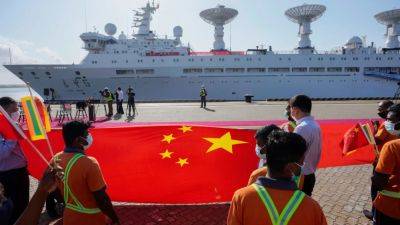Southeast Asia’s digital economy drives private capital interest, but few exit deals threaten region’s attractiveness
The Southeast Asia market has become increasingly attractive for private capital investments in recent years, owing to the region’s economic growth and investors hedging against China amid geopolitical tensions, according to data service provider PitchBook.
From 2015 to 2021, private capital deals that include private equity (PE) and venture capital (VC) investments more than tripled in the region, from 629 deals to 1,935 deals, and reached US$34.1 billion in deal value by the end of 2022, according to a report published by PitchBook on Wednesday.
The surge in the region’s private investment market comes amid robust economic growth in the region. From 2015 to 2023, Southeast Asia’s gross domestic product (GDP) has grown more than 56 per cent, from US$2.5 trillion to US$3.9 trillion, according to data from the International Monetary Fund.
Investor interest also comes from the region’s relatively young, growing population and nascent technology ecosystems.
The median age of Southeast Asia’s nearly 700 million people is under 30 years old, nearly a decade younger than China and the US, and two decades younger than Japan.
The rise of mobile technology, driven by greater smartphone adoption during the Covid-19 pandemic, has also led to accelerated growth of the digital economy, according to the report.
This is a harbinger for future venture deal-making in the region, the report’s authors said in a note, as consumers are becoming increasingly used to tech-enabled platforms.
Between 2018 and 2023, software-related deals accounted for more than 40 per cent of all PE and VC deals in the region. Meanwhile, the share of annual deal value of business-to-consumer companies more than doubled from 2021 to 2023, from 16.8 per cent to 36.2 per







